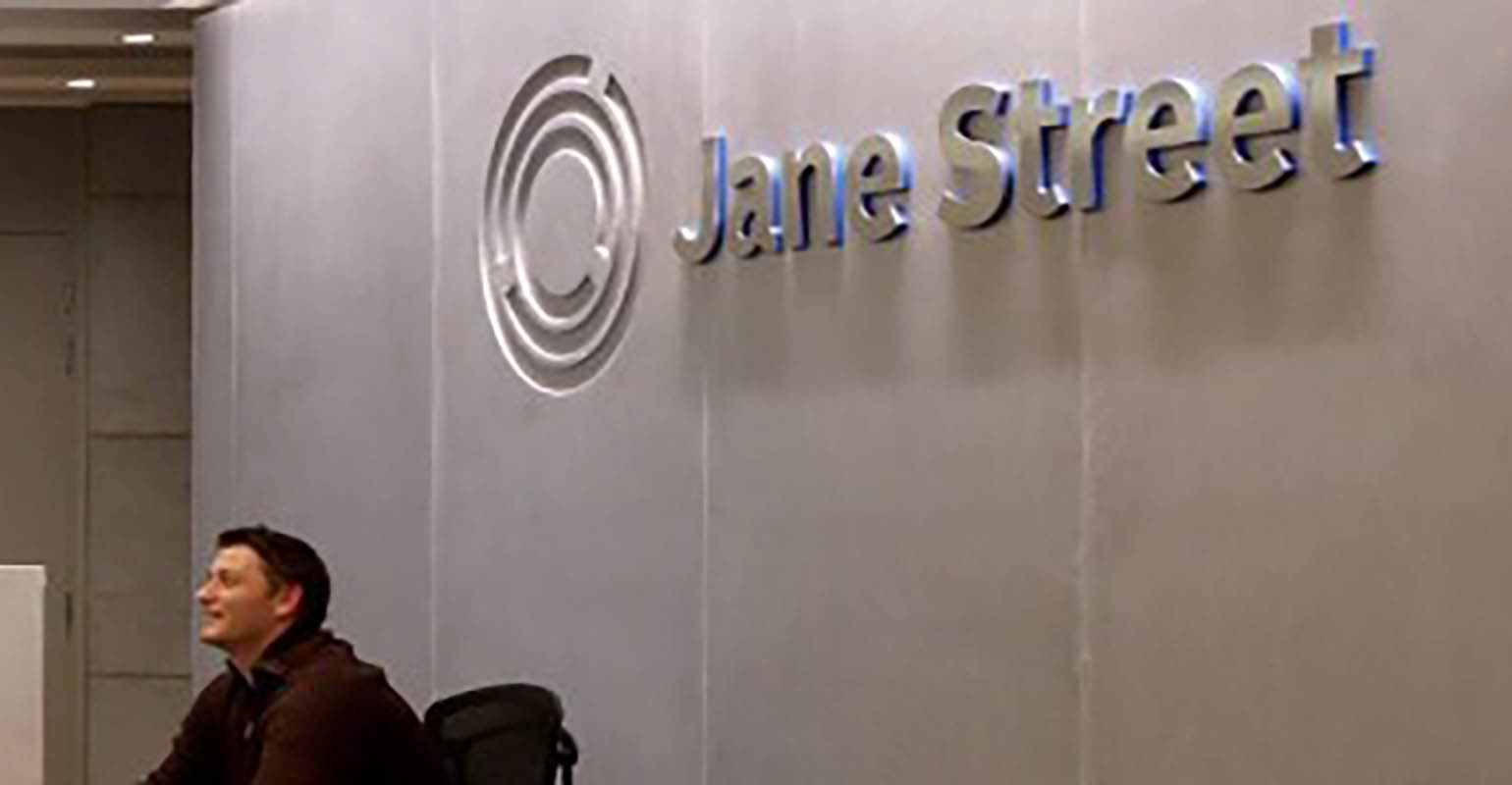In what has come to be dubbed the most elegant heist of India's high-stakes trading floor, Jane Street Capital, the U.S.-based quant giant, has left India's financial regulators balancing between mathematics and morality. The case—now both cautionary tale and high-finance thriller—has once again laid bare the thin line between smart strategy and systemic manipulation.
But behind the legality, lies a deeper irony. Fraudulently innocent, Jane Street claimed nothing more than tactical arbitrage. Yet its actions have shaken the very core of Dalal Street, a market long driven as much by emotion and perception as by economics.

When Jane Did a "Plain Jane"
The scandal, which unfolded through SEBI’s 47-page interim order, centers around manipulation of index prices on weekly expiry days—particularly through Bank Nifty and Nifty 50 futures and options. According to SEBI, Jane Street entities executed large-scale cash purchases to artificially inflate index prices, enabling them to book massive profits on short positions in index options.
These weren't isolated strategies. Between January 2023 and March 2025, Jane Street allegedly orchestrated multiple such expiry-day plays. The profits? A staggering ₹43,000 crore from index options alone. The numbers were no longer just impressive—they were suspicious.
SEBI's Calculated Clampdown
SEBI’s response was swift and stern. On July 3, 2025, it barred four Jane Street-linked entities from India’s capital markets, and froze over ₹4,843 crore—the alleged ill-gotten gains. In a rare move, it described the activity as "Extended Marking the Close"—a euphemism for engineering artificial closes in stock prices to skew expiry-day settlements.
The decision sent tremors through India’s derivative ecosystem. F&O volumes dropped nearly 20% in a week. Retail sentiment slumped. Exchanges bled billions in market cap.
But the real drama was yet to unfold.
The Great Escrow Appeasement
In a surprising twist of tactical compliance, Jane Street voluntarily deposited ₹4,843 crore in an escrow account. The move, seen by many as an olive branch to SEBI, was interpreted differently across the market.
To some, it was an admission cloaked in diplomacy. To others, it was clever optics—a "plain Jane" maneuver, devoid of fireworks but full of meaning.
What it undeniably did was reopen the door to a potential return. SEBI, under its own clause, must now decide whether to lift the ban. The regulator has acknowledged the deposit, but the larger probe continues.
_1752679187.jpg)
Dalal Street’s Emotional Sellout
India’s markets reacted not with resilience, but with raw emotion. Traders, especially retail investors, found themselves in the crossfire of a war they neither started nor fully understood.
The irony? While SEBI was tracking algorithms, Dalal Street was swayed by human psychology—panic, herd instinct, fear of the unknown. Billions were wiped out, not by trades, but by trembling fingers clicking "sell."
The Double Standard Dilemma
There’s a philosophical question at the heart of this case:
When does a strategy become a scam?
If Indian prop desks used similar expiry-day tactics, would they face the same scrutiny? Or is the crackdown a response to foreign dominance in Indian indices?
Jane Street, meanwhile, maintains innocence. It claims its actions were nothing more than index arbitrage—legal, logical, and leveraged. Yet, legality does not always equal fairness. And therein lies SEBI’s modern regulatory challenge: How do you punish a crime that’s technically not illegal, but undeniably corrosive to market integrity?
What's Next? A Regulatory Reckoning
The case is far from closed. SEBI’s expanded inquiry into other indices and foreign firms suggests a regulatory recalibration is underway. New rules on expiry trades, option position limits, and algo transparency are likely imminent.
Meanwhile, Jane Street’s return—if it happens—will come with shackles, not swagger. The firm’s Indian avatar may never regain its past freedom, even if legally cleared.
Conclusion: A Market Mirrors Its Mindset
Jane Street’s case is not just about finance—it’s about philosophy. It's a reminder that markets aren't machines, even when traded by machines. They're reflections of trust, perception, and morality. And when trust erodes, emotion—not economics—takes over.
In that sense, Dalal Street didn’t fall for Jane Street’s money. It fell for its mystery.
With inputs from agencies
Image Source: Multiple agencies
© Copyright 2025. All Rights Reserved Powered by Vygr Media.























